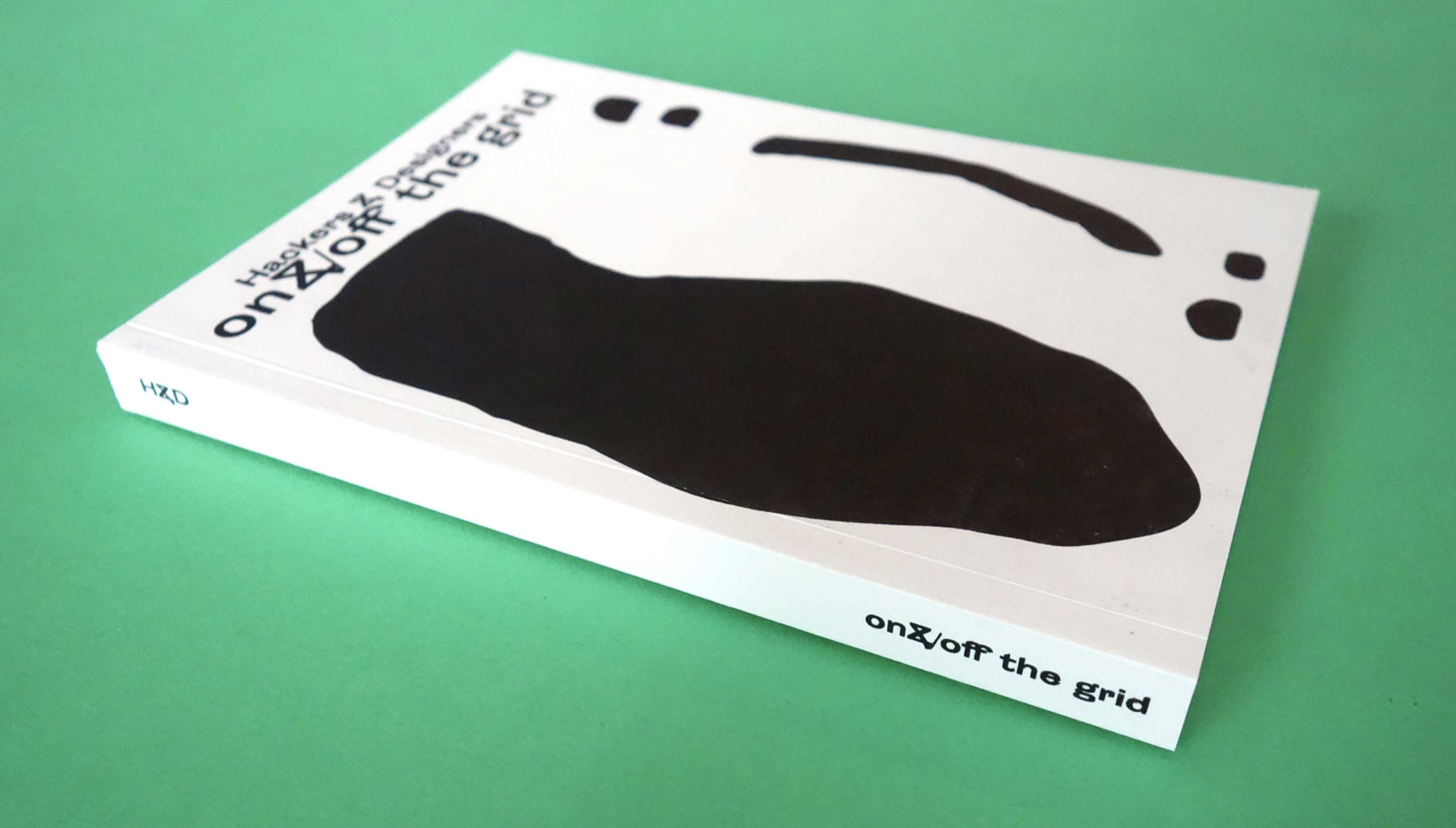The Politics of Technology Means of Going On and Off the Grid by Vicky de Visser
Politics: The principles relating to or inherent in a sphere or activity, especially when concerned with power and status. - Oxford Dictionary*
I am an art historian, graphic designer, and a former intern at Hackers & Designers. I am interested the influence of technological grids on my artistic practice, daily life, social interactions, and the fabric of modern society.
Opening the black boxes of technology and changing what's inside is a form of empowerment, so I was excited to hear that the 2017 H&D Summer Academy topic would be On and Off the Grid. Understanding how systems work, how algorithms are used, and how information is analyzed enables us to make informed decisions about whether we want to participate in or abstain from a grid.
It was interesting to re-evaluate the ethics of algorithms, machine learning, and artificial intelligence at the Summer Academy. It was a great opportunity to consider how, as Hackers & Designers, we can position ourselves politically by modifying, abstaining, or participating in these technological grids.
What I missed during the Summer Academy were ethical, political, and social debates directly tied into the workshop topics. While the workshops and lecturers questioned existing grids, a cohesive and guided discussion could have added future value to the program. Participants would have gained a better an understanding of how to be independent from traditional electricity systems and how to question their daily lifelines. These understandings could have bolstered more practices of how we can start up our own grid and develop more energy source projects.
Of course, there is only so much you can realize during a summer academy. Introducing participants to electronics, Arduino, Processing, and other programming languages, as well as conceptual design and aesthetics, gives them a powerful kickstart to uncover, manipulate, and create their own grids. The spectral solar trailer was a super nice way of showing the pros and cons of being on and off the (electricity) grid as a hacker, designer, or artist.
Questions that would have been interesting to discuss more: How does this grid or non-existent grid affect our surroundings, society, and workplace?
Can we define the black box of this grid? What is it that we would like to learn about it and be able to modify? Is it possible during the workshop? What impact does it have on our surroundings? What are the consequences and pros and cons of technological progression within this field?
What are the wanted and unwanted effects and outcomes of this grid? How can we, as pro-tech-minded people, take a well-informed position in this specific technological grid? How can we match our technological curiousness with our political and social positions as designers, hackers, and artists? How is going on and off the grid affecting that? How can change be initiated? What are personal goals?

Published in On /& Off the Grid in 2018